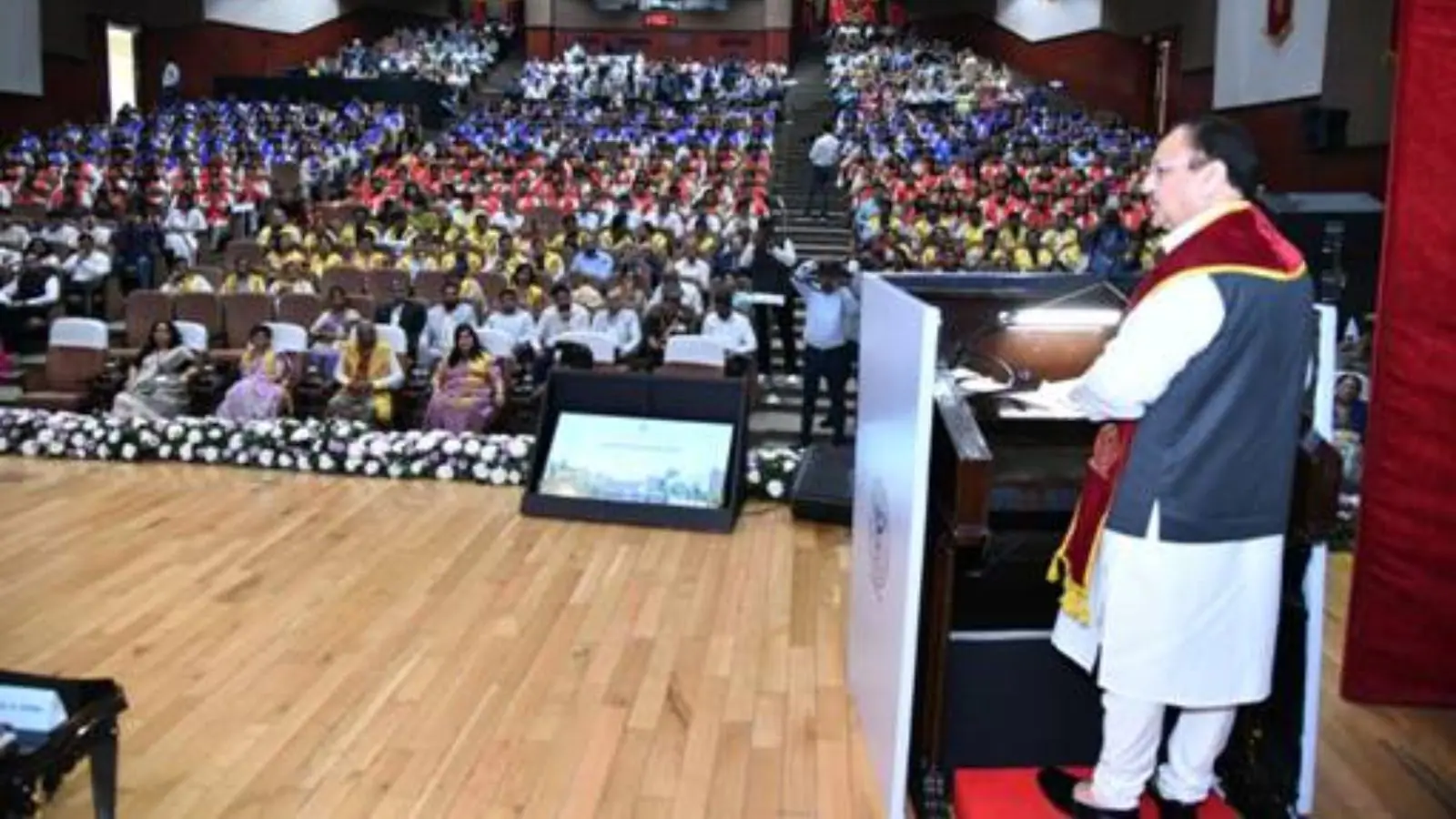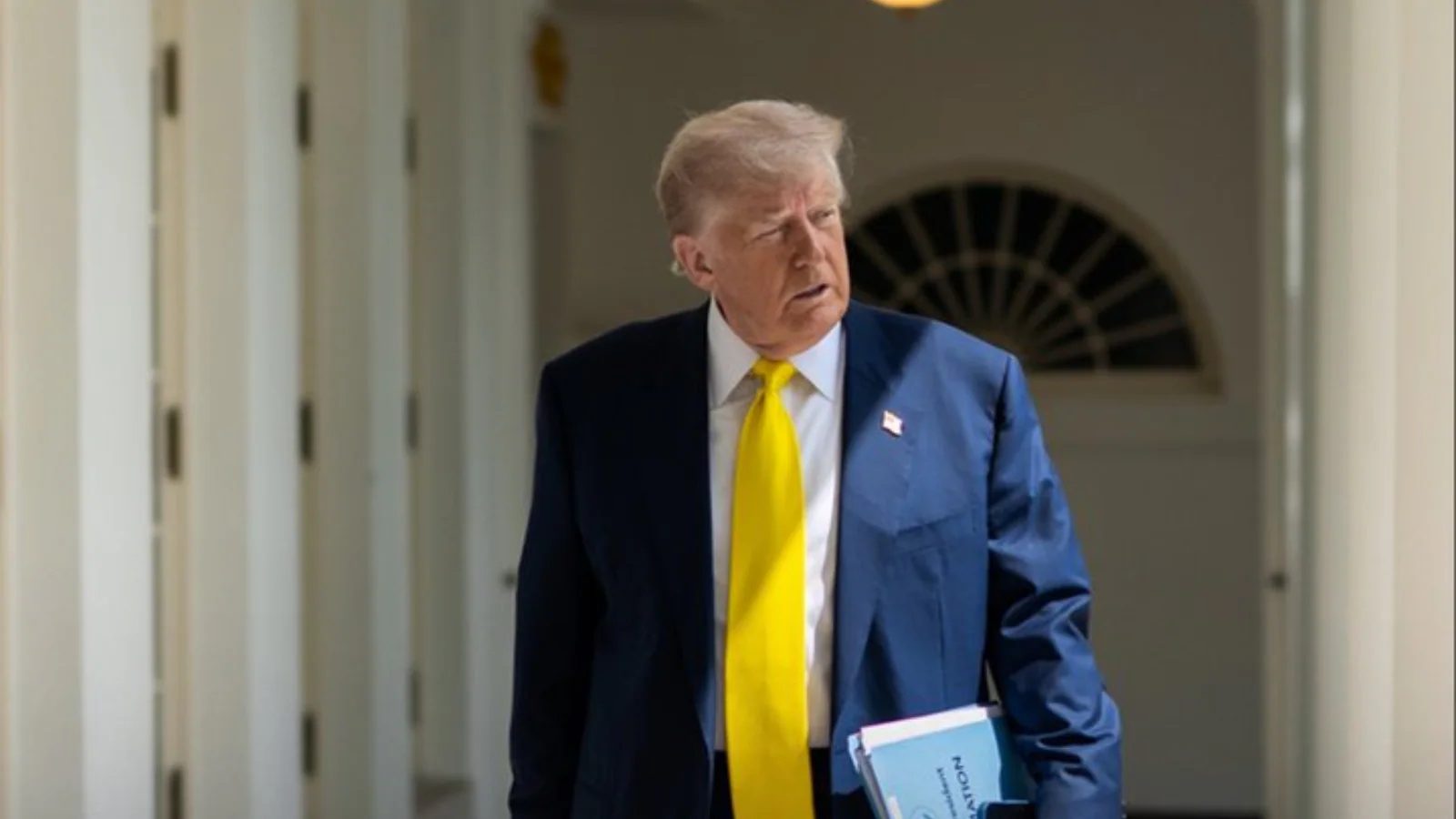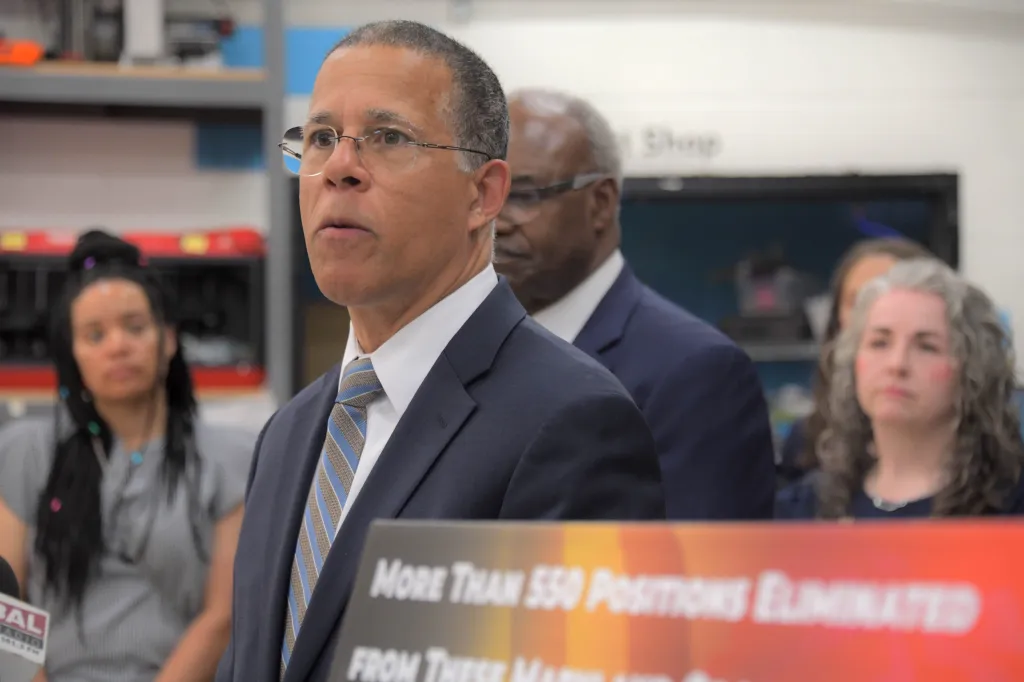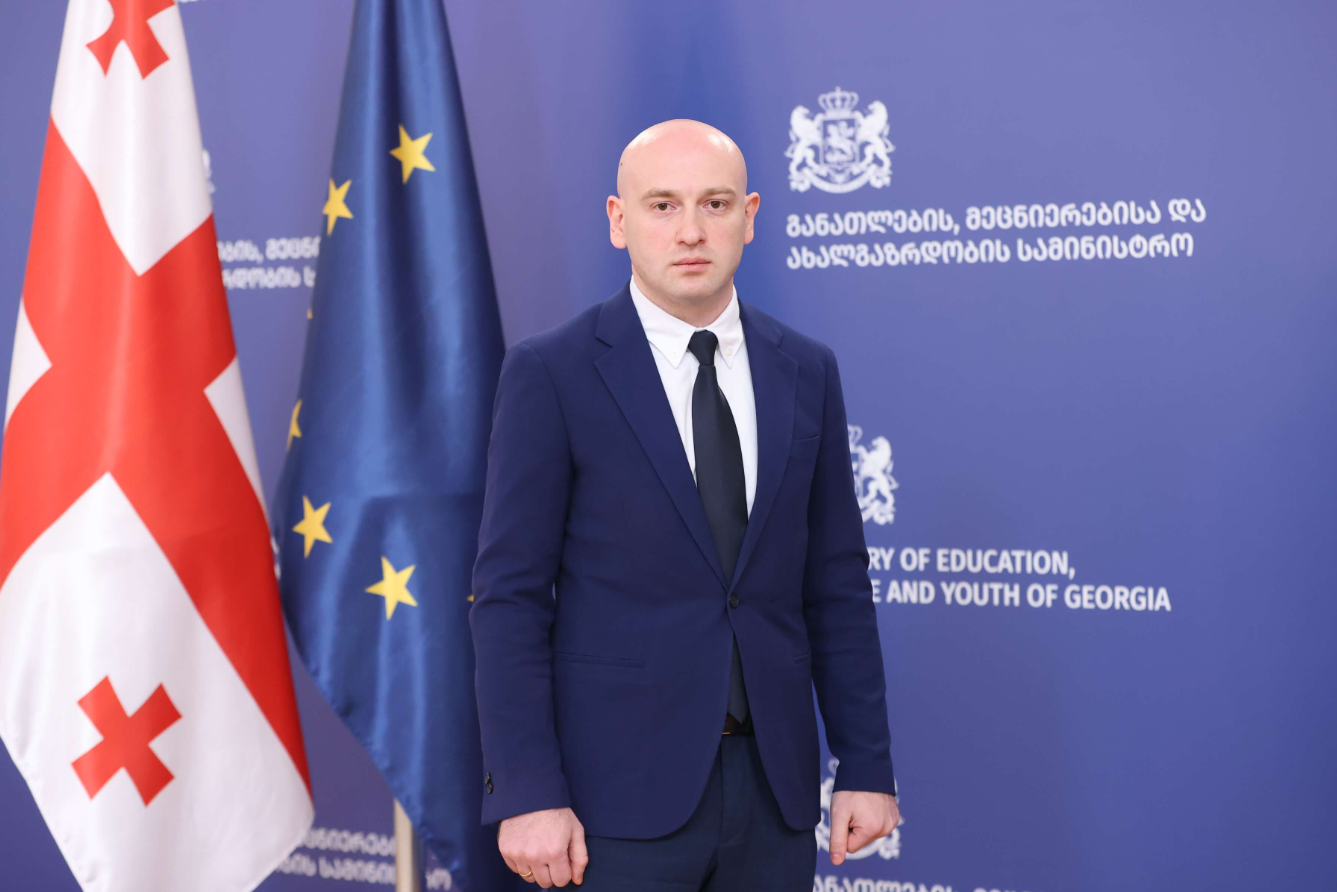Copyright persecondnews
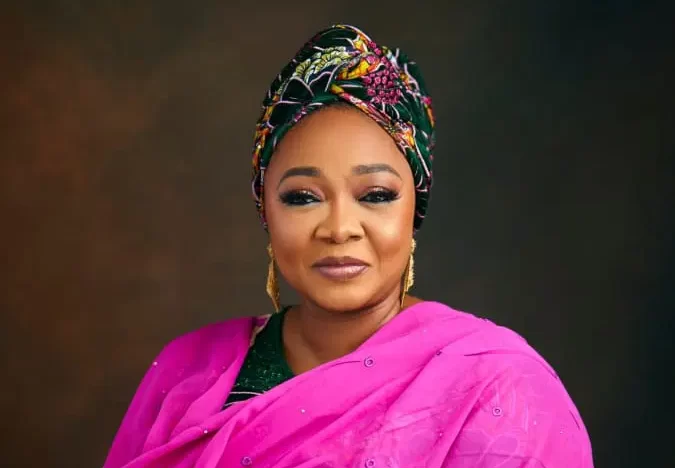
By Maryanne Awuya Minister of Women Affairs Imaan Sulaiman-Ibrahim has revealed that an estimated 70% of Nigerian women live in extreme poverty, underscoring the critical need for coordinated economic and social empowerment across the country. She made this disclosure in Abuja on Friday, October 24, during the inauguration of the Federal Steering Committee for the Nigeria for Women Programme Scale-Up Project (NFWP-SU). The Federal Government endorsed the program’s work plan and terms of reference for nationwide implementation. The Minister noted that the scale-up represents a major transformation in social protection, as it integrates financial inclusion, livelihood support, and social protection into a single national framework that will be rolled out across all 36 states and the FCT. Sulaiman-Ibrahim decried the high rate of poverty among women, especially in rural communities where access to education, finance, and economic opportunities remains limited. According to her, the programme seeks to reverse this trend by strengthening women’s access to finance, improving household income, and positioning women as key contributors to national growth. Also speaking, Mr. Wale Edun, the Minister of Finance and Coordinating Minister of the Economy, and the Minister of Budget and National Planning, Sen. Atiku Bagudu—represented by the Permanent Secretary, Federal Ministry of Finance, Raymond Omachi—endorsed the programme’s framework, pledging government support to ensure its effective implementation and accountability. The National Coordinator of the Nigeria for Women Project, Dr. Hadiza Maina, explained that states must meet specific requirements to qualify for participation, including the passage of the Violence Against Persons (Prohibition) Act, establishment of Sexual Assault Referral Centres, and formalisation of Women Savings Groups. Persecondnews recalls that the Nigeria for Women Programme, a Federal Government initiative supported by the World Bank, was launched in 2018 to improve women’s productivity and participation in economic life. It has so far provided access to finance and entrepreneurship training to thousands of women through Women Affinity Groups (WAGs). With the scale-up phase, the programme will extend to all 36 states and the FCT, promoting gender equality, strengthening social protection, and ensuring that no woman is left behind in the country’s development agenda.
